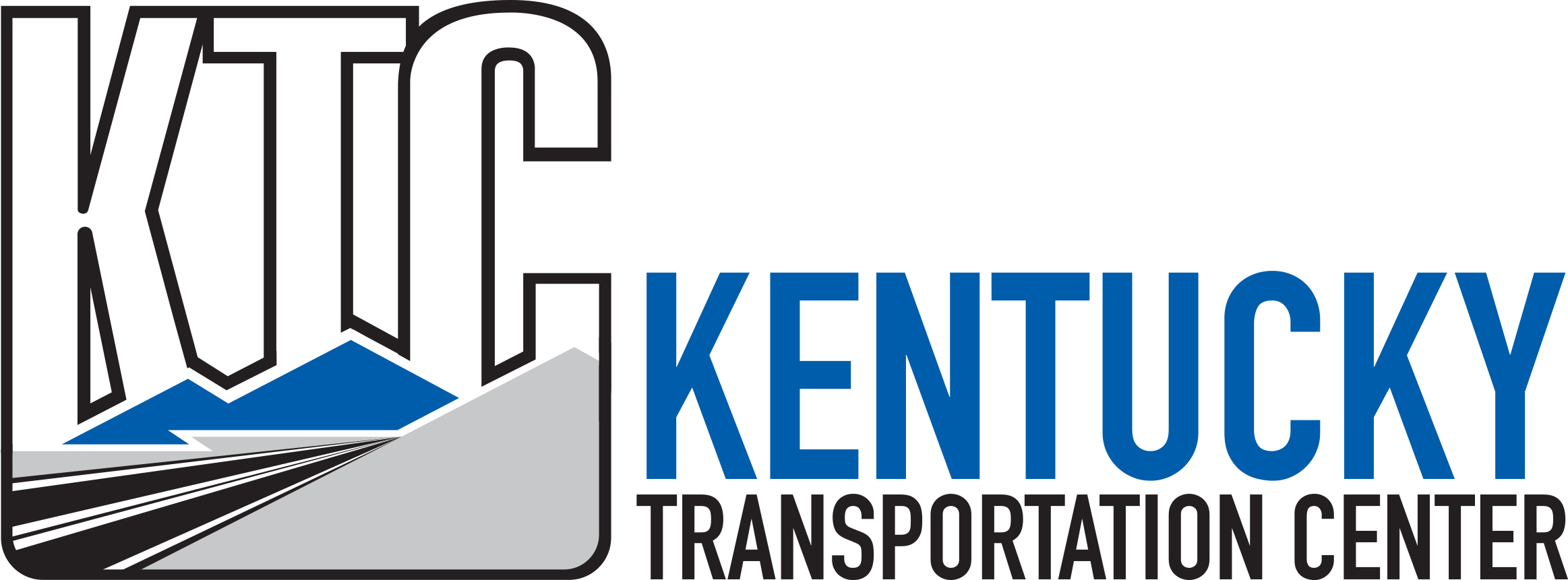Abstract
The purpose of the study was to determine the effect of lane and shoulder widths on accident benefits for rural, two-lane roads and also to determine the expected cost effectiveness of widening lanes and shoulders. Information concerning geometries, accidents, and traffic volumes was obtained for over 25,000 km (15,000 miles) of roads.
Run-off-road and opposite-direction accidents were the only accident types found to be associated with narrow lanes and shoulders. Wide lanes had accident rates 10 to 39 percent lower than for narrow lanes. Wide shoulders (up to 2.7 m (9 feet)) were associated with the lower accident rates. Criteria based on a cost-effectiveness approach were developed for selecting highway sections for widening.
Report Date
10-1980
Report Number
No. 561
Digital Object Identifier
http://dx.doi.org/10.13023/KTC.RR.1980.561
Repository Citation
Zegeer, Charles V.; Deen, Robert C.; and Mayes, Jesse G., "The Effect of Lane and Shoulder Widths on Accident Reductions on Rural, Two-Lane Roads" (1980). Kentucky Transportation Center Research Report. 811.
https://uknowledge.uky.edu/ktc_researchreports/811



Notes
The contents of this report reflect the views of the authors who are responsible for the facts and accuracy of the data presented herein. The contents do not necessarily reflect the official views or policies of the Bureau of Highways. This report does not constitute a standard, specification, or regulation.